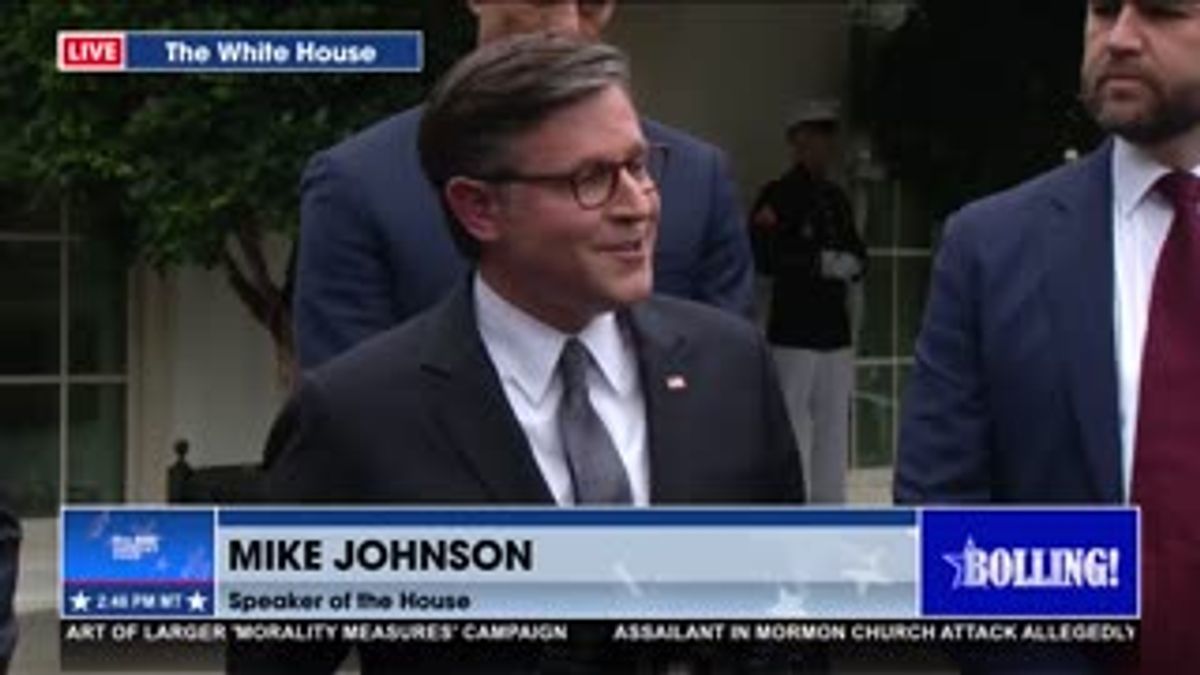
Congress Faces Deadline to Avoid Government Shutdown
Washington, D.C. — Congressional leaders are racing against a midnight Wednesday deadline to pass a short-term funding extension, known as a continuing resolution (CR), to prevent a partial government shutdown. With the Senate back in session Monday, lawmakers remain at odds, with no clear path to an agreement.
President Donald Trump is set to meet with Senate Majority Leader John Thune, R-S.D., Senate Minority Leader Chuck Schumer, D-N.Y., House Speaker Mike Johnson, R-La., and House Minority Leader Hakeem Jeffries, D-N.Y., to negotiate a deal. The meeting follows a canceled discussion earlier this week, which Trump attributed to "ridiculous demands" from Democratic leaders.
A government shutdown occurs when Congress fails to pass all 12 appropriations bills or a CR to maintain current funding levels. This would mark the third shutdown under Trump’s administration and the 10th since 1980, with only three occurring since 2000.
The potential shutdown could have severe consequences, exacerbated by a recent Office of Management and Budget memo directing agencies to issue reduction-in-force notices for programs lacking alternative funding and not aligned with Trump’s priorities. Federal employees may face furloughs or unpaid work, affecting agencies like the IRS and Small Business Administration. Housing programs could see delays in rental assistance and loans, though Medicare, Social Security, Medicaid, the Postal Service, Veterans Affairs, and border security operations would continue.
A 2019 Congressional Budget Office report on the last shutdown estimated $18 billion in delayed federal spending, resulting in an $8 billion dip in first-quarter GDP, with $3 billion unrecoverable. Federal workers and private businesses were hit hardest, with some losses permanent.
The current CR, which would extend funding until Nov. 21 and includes millions for lawmakers’ security, has sparked contention. Democrats are pushing for an extension of expiring Obamacare premium subsidies, warning that without action by Oct. 1, insurers may raise rates, increasing costs for millions. Republicans, led by Thune, argue subsidy discussions can wait until after funding is secured.
“Democrats can either vote for a clean, short-term, nonpartisan CR that prioritizes the American people, or they can choose a completely avoidable shutdown that prioritizes politics,” Thune said on NBC’s “Meet the Press.”
Schumer and Jeffries, in a joint statement, expressed willingness to negotiate a bipartisan agreement but stressed the urgency of avoiding a shutdown and addressing health care costs. “Time is running out,” they said.
--REAL AMERICA'S VOICE STAFF
#####
 Hegseth vows to boost Pentagon's interactions with Gold Star familiesNext PostTrump Secures $24.5M Settlement from YouTube Over Account Suspension
Hegseth vows to boost Pentagon's interactions with Gold Star familiesNext PostTrump Secures $24.5M Settlement from YouTube Over Account Suspension

